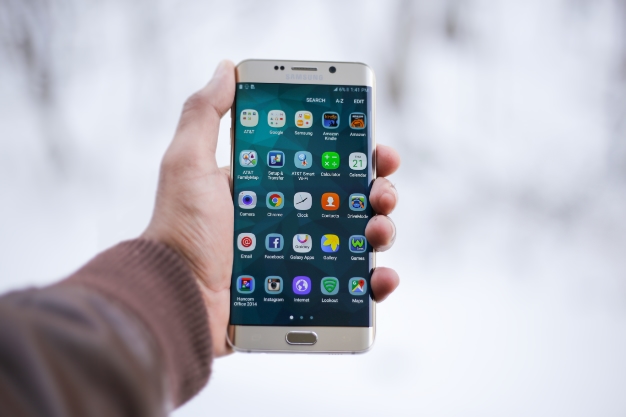Google Cautions EU Decision Could Ruin Android Ecosystem Forcing It To A Paid Model

The European Commission is skewering Google over these three critical violations. "First, Google's practices have denied rival search engines the possibility to compete on the merits," writes the European Commission. "The tying practices ensured the pre-installation of Google's search engine and browser on practically all Google Android devices and the exclusivity payments strongly reduced the incentive to pre-install competing search engines. Google also obstructed the development of Android forks, which could have provided a platform for rival search engines to gain traffic."

Google CEO Sundar Pichai counters in a new blog post that the remedies that the European Commission proposes would be detrimental to the Android ecosystem and to consumers. In fact, he reasons that un-bundling Google apps and services will lead to actual licensing fees for Android.
The free distribution of the Android platform, and of Google’s suite of applications, is not only efficient for phone makers and operators—it’s of huge benefit for developers and consumers. If phone makers and mobile network operators couldn’t include our apps on their wide range of devices, it would upset the balance of the Android ecosystem. So far, the Android business model has meant that we haven't had to charge phone makers for our technology, or depend on a tightly controlled distribution model.
We are concerned that today’s decision will upset the careful balance that we have struck with Android, and that it sends a troubling signal in favor of proprietary systems over open platforms.
There are always two sides to every story, and Pichai vigorously defends Google. Pichai of course proclaims Google's innocence and says that Android has been extremely beneficial to consumers and app developers around the globe. He also makes a play to the European Union directly, pointing out that Dutch, Finnish, French, German, Hungarian, Italian, Latvian, Polish, Romanian, Spanish and Swedish Android OEMs have all benefited from hardware sales thanks to the Android operating system.
He goes on to explain that the freedom that Android has afforded means that there are over 24,000 devices on the market produced by over 1,300 different brands worldwide with access to over 1 million apps.

Pichai attempts to deflect criticism about the bundling of Google apps and Google Search with Android devices in order to have access to critical Android components like the Play Store. He correctly points out that the average Android smartphone has 40 preinstalled apps from the factory, many of which are installed by the device OEM. These can include alternative browsers and search engines that would compete with Google's offerings.
The EU counters, however, that status quo bias means that even if an OEM provides an alternative search engine or browser, consumers are immediately going to gravitate to the brands they know: Google Search and Google Chrome, for example. "The Commission has found evidence that the Google Search app is consistently used more on Android devices, where it is pre-installed, than on Windows Mobile devices, where users must download it," stated the European Commission. "This also shows that users do not download competing apps in numbers that can offset the significant commercial advantage derived through pre-installation."

Pichai also asserts that Android OEM simply don't have to bundle Google apps if they don't want to, and are free to load up their own apps instead. "This means that we earn revenue only if our apps are installed, and if people choose to use our apps instead of the rival apps."
To the point of blocking the development and distribution of competing Android operating systems, Pichai points to Amazon and its hugely successful Fire tablets and Fire TV streaming devices. Both families of devices run FireOS, which is a fork of Android that is packed to the hilt with Amazon apps and services with no visible signs of Google "meddling".
The big takeaway here though is that forcing Google to change its business model to end the practice of app bundling could cost the company a boatload of money. As it stands, Google's mobile advertising makes up over 50 percent of entire [net] digital ad revenue stream, hence Pichai's threat to upend Android's "freebie" status. Android OS development isn't free, so it should come as no surprise that Google will look to recoup those costs. However, we don't know how palatable such a move would be for the Android army of OEMs.

